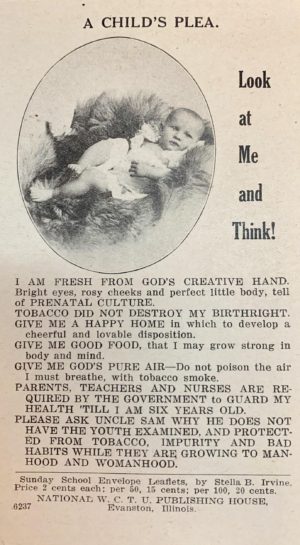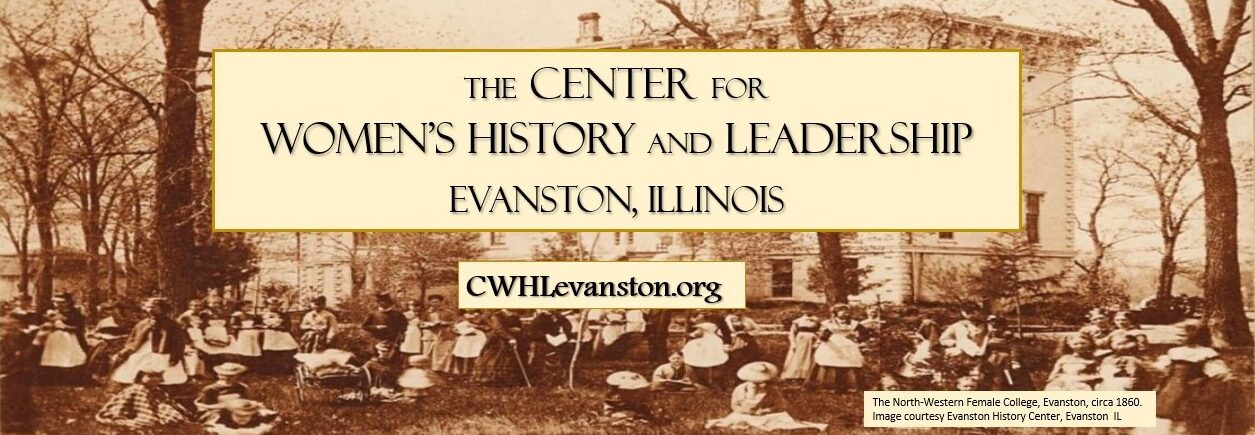Before the Pure Food and Drug Act, the United States (as well as the rest of the world) was riddled with problems regarding the safety of food and drink. Over a hundred years have gone by since the passing of the act in 1906, and times when a glass of milk could cause disease and death seem long gone. The danger of these tainted substances took on many forms, including the addition of morphine to cough syrup and bleach in flour. The industries involved were completely unregulated, allowing for harm to be done to unprotected consumers. Some of the first steps taken to address these issues were by the Woman’s Christian Temperance Union.

One WCTU leader in this movement was Ella Eaton Kellogg (wife of John Harvey Kellogg). She was a dietician and writer who covered food and drug safety. She was interested in the root causes of health issues and found that the lack of general health and wellness played a major role. People who had any sort of ailment, be it physical or mental, turned to alcohol and drugs. The problem was essentially a cycle: the food that was widely available was unsafe and had little to no nutritious value and was made with unsafe ingredients. In response, people would take stimulants, tonics, and other substances so they would have the energy to function at home and at work. Companies could put out advertisements in the paper for drugs the public could purchase, without disclosing the true contents of the medication, and people would turn to them as a cure. Kellogg advocated for more natural ways of treating illnesses, such as healthy and clean eating, exercise, and getting enough sleep. Kellogg’s focus was to teach women how to have safer and healthier homes for themselves, their husbands, and their children.
In 1905, before the act passed, the WCTU discussed how all the work being done to draw attention to these issues was crucial. In 1905, the superintendent of the Non-Alcoholic Medication department moved to change the department name to Medical Temperance so that the movement could be expanded. Traction grew, and the W.C.T.U began appointing superintendents to focus on the new department. There were superintendents in a majority of states, and they all worked on spreading information. In 1905, they distributed over 20,000 pamphlets to doctors to educate them on the superiority of non-alcoholic medication, which was then shared from physician to physician. Due to the new attention placed on the issue of impure medicine, states began working to pass legislation for drug companies to disclose the ingredients of their drugs.
In 1906, the Pure Food Law was passed, and it contained a patent medicine clause. This stipulated that medication bought and sold couldn’t hide what it contained. The W.C.T.U marked this as a huge success. The work done by women like Ella Kellogg and other WCTU leaders deserves recognition, as it has had a large historical impact. The issues around food regulation and proper labeling still exist today and the historic origin of activism around this topic lies with the WCTU.
Written by Summer 2019 Intern Stephanie Malter.
